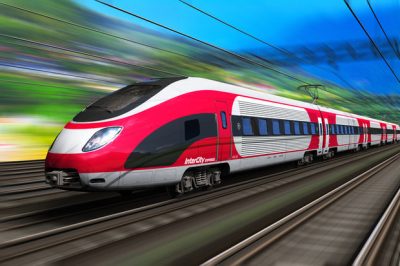The Right to Mobility. Public Transport in the UK and Labour’s Manifesto
There's a long way to go, but Labour's manifesto could mark the first step in ending Britain's obsession with the private car.
Global Research, December 03, 2019
Tribune 26 November 2019
Region: Europe
Theme: Law and Justice
1 0 0
1

The idea of mobility as a human right has come to be synonymous with private transport. For decades, the car has come first: what right does any government have to encroach on the freedom and autonomy of individual motorists? Labour governments have done little to challenge this notion since mass car ownership took off in the 1960s, and it’s only now, embracing the challenge of achieving zero carbon emissions as soon as is practicable, that Labour has recommitted itself to decent public transport.
Its 2019 manifesto states that ‘Labour will build a sustainable, affordable, accessible and integrated transport system, founded on the principle that transport is an essential public service.
....The right to public transit is enshrined in Canada`s Charter,especially section 7 c...meanwhile, we in BC`s Interior have no access to public transit, except for the Kamloops/Kelowna corridor!
Meanwhile the People`s Government which denies us this right, continues to take people`s right to drive cars (set up coops etc) for not paying fines ad nauseum...a clear violation of our fundamental rights (Oakes case)....


